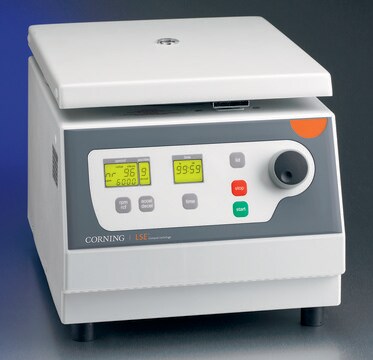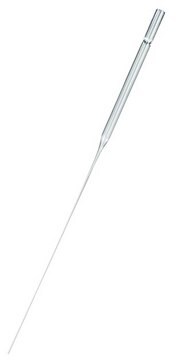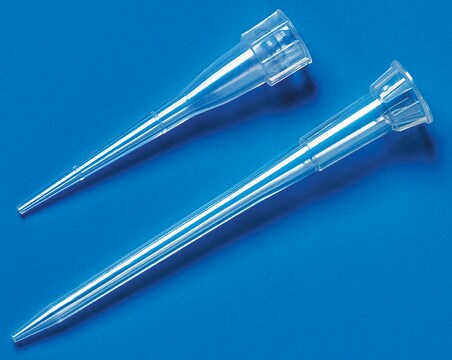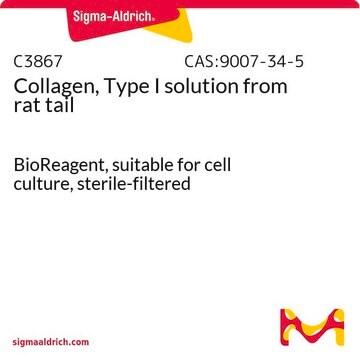EHU019271
MISSION® esiRNA
targeting human FABP4
About This Item
Productos recomendados
description
Powered by Eupheria Biotech
Quality Level
product line
MISSION®
form
lyophilized powder
esiRNA cDNA target sequence
TGCAGCTTCCTTCTCACCTTGAAGAATAATCCTAGAAAACTCACAAAATGTGTGATGCTTTTGTAGGTACCTGGAAACTTGTCTCCAGTGAAAACTTTGATGATTATATGAAAGAAGTAGGAGTGGGCTTTGCCACCAGGAAAGTGGCTGGCATGGCCAAACCTAACATGATCATCAGTGTGAATGGGGATGTGATCACCATTAAATCTGAAAGTACCTTTAAAAATACTGAGATTTCCTTCATACTGGGCCAGGAATTTGACGAAGTCACTGCAGATGACAGGAAAGTCAAGAGCACCATAACCTTAGATGGGGGTGTCCTGGTACATGTGCAGAAATGGGATGGAAAATCAACCACCATAAAGAGAAAACGAGAGGATGATAAACTGGTGGTGGAATGCGTCATGAAAGGCGTCACTTCCAC
Ensembl | human accession no.
NCBI accession no.
shipped in
ambient
storage temp.
−20°C
Gene Information
human ... FABP4(2167) , FABP4(2167)
General description
For additional details as well as to view all available esiRNA options, please visit SigmaAldrich.com/esiRNA.
Legal Information
¿No encuentra el producto adecuado?
Pruebe nuestro Herramienta de selección de productos.
Storage Class
10 - Combustible liquids
flash_point_f
Not applicable
flash_point_c
Not applicable
Elija entre una de las versiones más recientes:
Certificados de análisis (COA)
¿No ve la versión correcta?
Si necesita una versión concreta, puede buscar un certificado específico por el número de lote.
¿Ya tiene este producto?
Encuentre la documentación para los productos que ha comprado recientemente en la Biblioteca de documentos.
Nuestro equipo de científicos tiene experiencia en todas las áreas de investigación: Ciencias de la vida, Ciencia de los materiales, Síntesis química, Cromatografía, Analítica y muchas otras.
Póngase en contacto con el Servicio técnico







